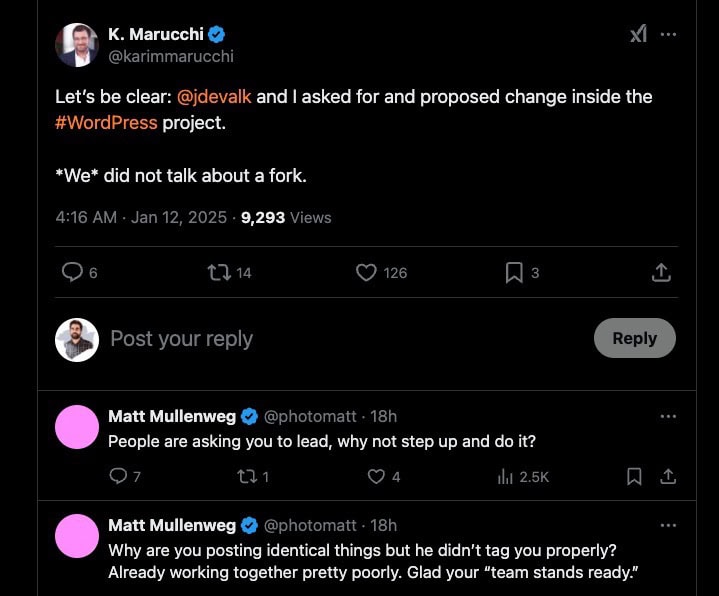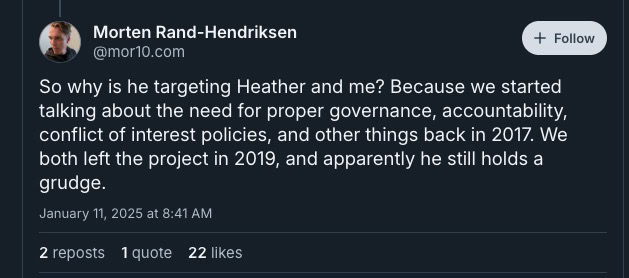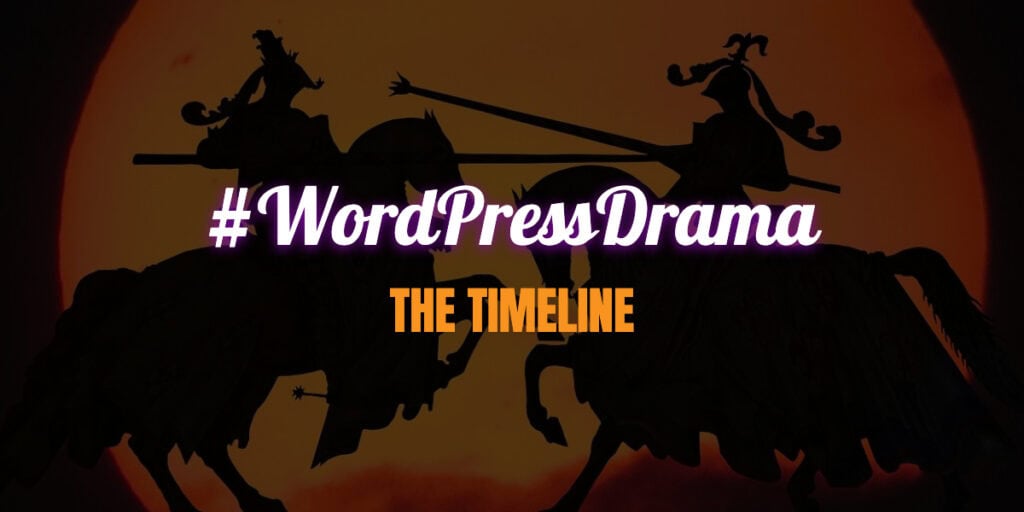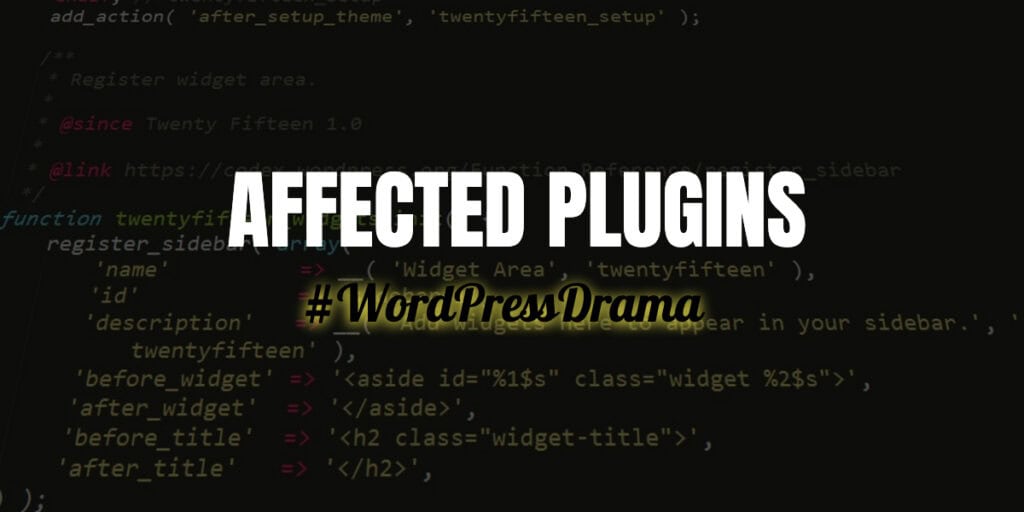On January 11, 2025, TechCrunch journalist Paul Sawers reported on a significant development within the WordPress community. The article delves into the actions taken by Matt Mullenweg, CEO of Automattic and co-creator of WordPress, who deactivated several WordPress.org contributor accounts. This decision came amid allegations that these contributors were planning to spearhead a new fork of the open-source WordPress project.
The controversy began in September when Mullenweg publicly criticized WP Engine, a commercial hosting company, for profiting from WordPress without contributing back to the community. This led to a lawsuit by WP Engine, which was eventually resolved with a court order to restore access to key WordPress resources.
Key figures in the WordPress community, such as Joost de Valk and Karim Marucchi, have expressed dissatisfaction with WordPress’s governance. De Valk, known for creating the SEO tool Yoast, published a vision for a new era of WordPress, suggesting the creation of “federated independent repositories.” Marucchi echoed similar sentiments in a blog post. Although Mullenweg sarcastically referred to these ideas as a “fork,” both de Valk and Marucchi clarified that they were not planning a fork but were considering other models like federated mirrors for themes and plugins.
In response to these developments, Mullenweg deactivated the WordPress.org accounts of de Valk and Marucchi, along with three other contributors. This move was met with surprise and criticism from the community. Morten Rand-Hendriksen, one of the deactivated contributors, suggested that Mullenweg’s actions were due to past disagreements over WordPress governance.
Mullenweg encouraged the exploration of new leadership models and suggested that a new fork could be named “JKPress,” highlighting the open-source nature of WordPress that allows for such initiatives.
This article sheds light on the ongoing debates surrounding WordPress governance and the potential for new directions in its development. To explore the full article and gain deeper insights, visit the original publication on TechCrunch.
Read the full article on TechCrunch













